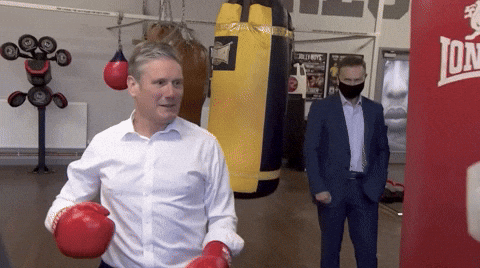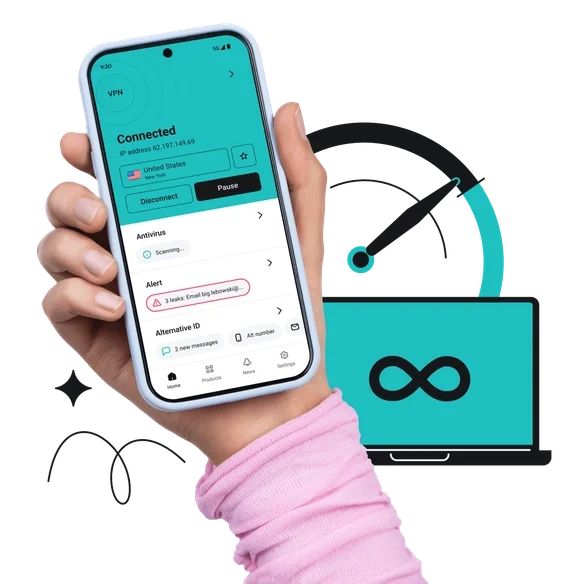The Easy Way To Stay Anonymous on OnlyFans…
OnlyFans is NSFW, so you don’t want everyone knowing you use or frequent the platform. But how do you keep yourself (and your data) anonymous when accessing OnlyFans?
The simplest (and cheapest) way to do this is with a VPN; I use SurfShark for everything because its A) very cost effective, B) extremely performant, you get rapid-speeds which is necessary for video, and C) it’s no-logs, so none of your data is kept on file.
Beyond this, a VPN will mask your IP, your personal data, and ensure that no one, including OnlyFans’ crawlers, your ISP, or your phone company, will be able to see where and what you’ve been up to.
Getting Around The UK’s Online Safety Act

Since the creation of the UK’s new Orwellian Online Safety Act, usage of VPNs has skyrocketed, meanwhile traffic to NSFW sites has declined.
Pornhub and other major adult websites introduced advanced age checks on 25 July after the Online Safety Act said sites must make it harder for under-18s to see explicit material.
Data experts at Similarweb compared the daily average user figures of popular pornography sites from 1 to 9 August with the daily average figures for July.
Pornhub is the UK’s most visited website for adult content and it experienced a 47% decrease in traffic between 24 July, one day before the new rules came into place, and 8 August, according to Similarweb’s data.
But this isn’t actually true. Not entirely, anyway.
Traffic to NSFW sites has more than likely gone down, of course, just not by as much as reported because millions of people are now using a VPN to access NSFW sites in the UK, so their digital footprint cannot be tracked.
You could be in the UK, sat at home, but the site you’re connected to will think you’re in Sweden or South Africa or Luxembourg – you pick your location inside your VPN.
OK, But WTF Is A VPN?

If you don’t know about VPNs or understand how they work, here’s a quick (super-simple) overview of what they do./
Imagine you’re sending a letter to your friend.
- Normally, you put it in an envelope with your address on it, and anyone along the way (mail carriers, nosy neighbours) could see where it’s going and who sent it.
- A VPN is like putting that letter inside a special locked box, then sending it through a secret tunnel.
- People carrying it can’t read what’s inside.
- They can’t tell exactly where it came from; it might look like it came from somewhere else entirely.
- Your friend still gets it, but the path it took and what’s inside stay private.
In short: a VPN hides your online “return address” and scrambles your internet traffic so outsiders can’t snoop on you.
Using a VPN also unblocks sites that have geolocation blocks on them, gets you around work and school internet blocks, and allows you to access different regional versions of streaming platforms like Netflix and Amazon Prime.
And if you like F1, you can use it to stream Formula 1 in the UK and stop paying Sky ungodly amounts of money to watch the races.
Yeah. You need a VPN in your life, they’re essential tools in our current age of government overstep, censorship, and an internet that is becoming increasing locked-down.


